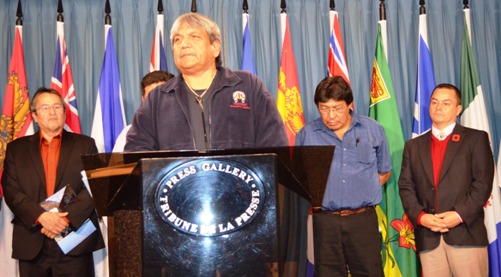The Globe and Mail is Canada’s national newspaper with the second largest broadsheet circulation in the country. It has enormous influence on Canada’s political and business elite.
JOHANNESBURG — South African police opened fire Thursday on a crowd of striking miners that charged a line of officers trying to disperse them, killing some and wounding others in one of the worst shootings by authorities since the end of the apartheid era.
Police declined to offer casualty figures after the shooting at the Lonmin PLC mine near Marikana, a dusty town about 70 kilometers northwest of Johannesburg. However, the main South African news agency, SAPA, has reported that 18 people have been killed. Police ministry spokesman Zweli Mnisi acknowledged late Thursday some of the miners there had died as more police and soldiers surrounded the hostels and shacks near Lonmin’s shuttered platinum mine.
The shooting happened Thursday afternoon after police failed to get the striking miners to hand over machetes, clubs and other weapons. Some miners did leave, though others carrying weapons began war chants and soon started marching toward the township near the mine, said Molaole Montsho, a journalist with the South African Press Association who was at the scene.

























